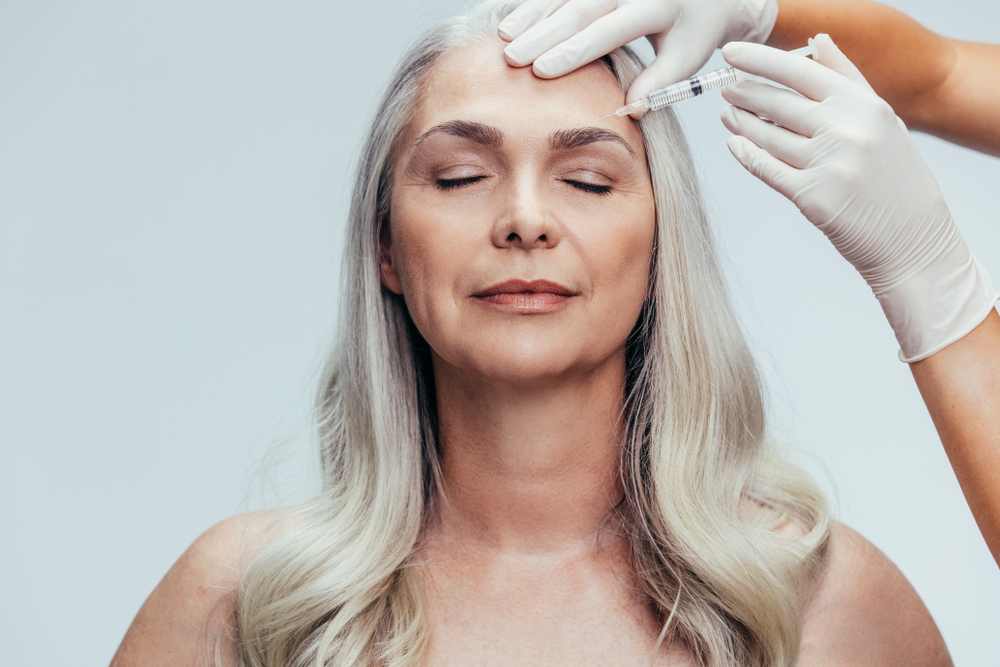 As a consultant, or someone on the business side of an aesthetic clinic, you may be keen to promote your practice to generate greater awareness of the work that you do, but may be unsure of how to do this. The Harley Street Journal asked Holly Broadway and Sarah Bakker from Merchant Healthcare Marketing to explain how PR can help build your cosmetic practice.
As a consultant, or someone on the business side of an aesthetic clinic, you may be keen to promote your practice to generate greater awareness of the work that you do, but may be unsure of how to do this. The Harley Street Journal asked Holly Broadway and Sarah Bakker from Merchant Healthcare Marketing to explain how PR can help build your cosmetic practice.
“At Merchant Healthcare Marketing, we are specialists at working with private hospitals and clinics, to help them promote their services and consultants through public relations (PR) and other marketing channels,” Sarah explains.
The specialists agree it’s important to understand what PR is and how it can help grow your business, especially in terms of positive public awareness.
“Public relations involves working with the media to create positive public awareness of a brand or person,” Holly says.
“At Merchant Healthcare Marketing, we talk to consultants and directors on a daily basis. One thing they often ask is what the difference is between advertising and PR. Quite simply, with advertising you pay for the space the ad sits on, which means you have control over the content and often where it is placed. With PR, although you will pay for the service, you are not paying for the space directly, so you will have less control over content and all decisions are all at the discretion of the journalist and editor,” Holly points out.
However, they explain, the bonus of PR is that articles generated through this method, as editorial, hold more value than an advertisement as they carry an endorsement from a third party (the media).
“As you may be aware, providing content for consumer media, which target the general public, such as national newspapers, glossy magazines, television and radio, will help you speak to potential patients,” Sarah explains.
However, achieving substantial coverage in the national newspapers is not straight forward or easy. To get around this Holly says you need to understand what the media requires.
“Firstly, you need to ensure to build a relationship with the media and prove you are a credible source of information and someone that will get back to them within their specified deadline,” she says.
“One of the main reasons journalists ask to speak with consultants is that they often require medical professionals to comment on a story to make it clinically credible. When talking to consumer media, ,you need to avoid using clinical jargon and explain yourself in a way the layperson can understand,” Holly concludes.
Patient case studies are a major way in which coverage is gained for consultants and practitioners. Sarah reveals these are stories about a patient you may have who has an interesting story to tell about their treatment.
“Perhaps they were the first to have a certain treatment in the UK, or they have had a treatment that has dramatically changed their life in some way,” she says.
“By using real people examples, the media creates stories that their readers can relate to,” Sarah concludes.
Placing an interesting case study in the national media that credits you and/or your clinic will generate beneficial credibility and awareness. Below are some key points Holly and Sarah say you need to bear in mind when choosing a patient case study:
- Are they a happy customer?
You want your patient to speak to the media and have nothing but positive things to say about their treatment.
- Is your patient willing to be identified?
Unfortunately, the consumer media are only interested in patients who are happy to be named and photographed.
- Has your patient given consent?
We always encourage patients to sign a consent form to ensure they are happy to be a case study and understand what is required of them.
- Is the treatment new?
If the treatment is a UK first, or even a world first, the media want to know about it.
- Is the treatment relevant?
The media will be more interested if you have a treatment that is relevant to a health awareness date, or something that is being heavily featured in the press at this time.
So what advice do the experts offer clinic owners and practitioners that may be apprehensive about speaking to the press?
“We encounter various consultants and clinics that are nervous about putting themselves out there to the national media,” Holly says.
“Many have had bad experiences and feel that journalists only want to catch them out and write negative stories. Although this can happen, it is generally an inaccurate view and the vast majority of journalists do not work like this,” she explains.
It can be daunting when you receive a call from a journalist, and this is where a PR agency can help you identify which opportunities are of most value to your business. If you do decide to talk directly to media, ensure you ask all the right questions and feel comfortable you understand what they want from you and the angle of their story.
Merchant Healthcare Marketing is an integrated marketing & PR agency that specialises in healthcare
Web: www.merchanthealthcaremarketing.com
Phone: 023 8022 5478
Email: sarah@merchantmarketinggroup.com












